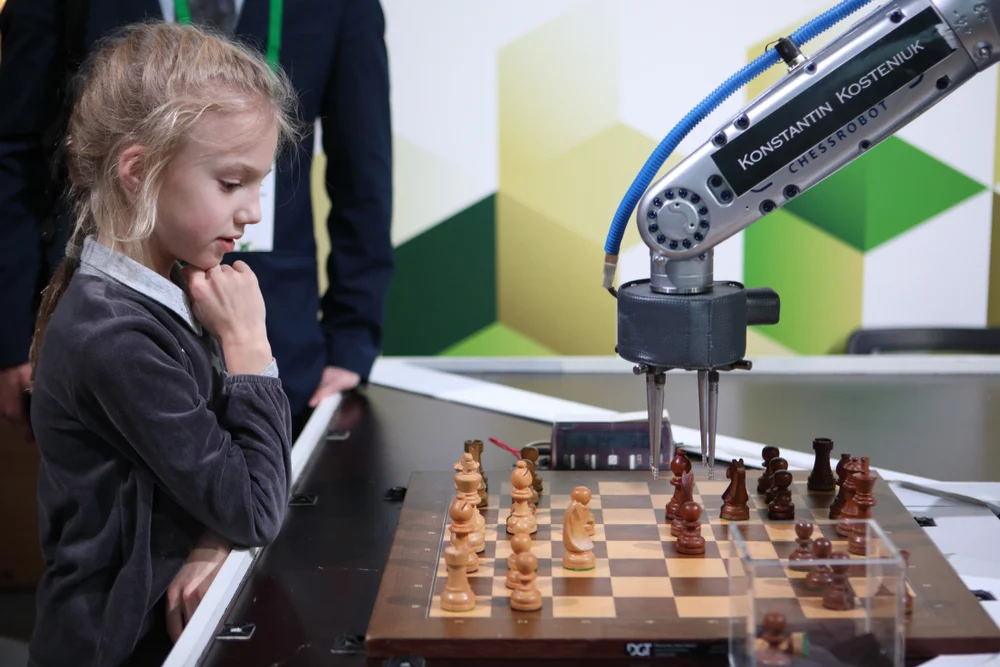
Artificial intelligence can simplify complicated tasks but it may still be unable to do what humans do instinctively.
It is a concept in computing put forward by Austrian artificial intelligence (AI) researcher Hans Moravec in the 1980s. He theorised that while it is easy to make computers do highly intelligent tasks such as calculating complicated mathematical equations, it is very difficult to make them do simple tasks such as walking. According to Moravec, humans have evolved over millions of years. to perfect simple physical tasks such as walking and running. Such tasks, which we take for granted, are a result of the process of natural selection.
Moravec’s paradox states that it is difficult to build a machine that has the skills of a one-year-old child with the instinctive ability to move around, recognise faces, and avoid danger. It takes a lot of difficult computations to instruct a computer to do what a human being can do without thinking twice. On the other hand, humans acquired sophisticated skills such as abstract reasoning and logical thinking that result in excellence in the fields of engineering, mathematics and art, about hundred thousand years ago. It is easy to devise algorithms for these skills for computers. That is why it is easy to build a computer that can defeat a professional chess player or play music.
Moravec’s paradox can be interpreted in different ways. Some scholars believe that it means that Al can render people with high-level jobs such as stock analysis or engineering unemployed, while the jobs of cooks and gardeners are safe. Others take it to mean that Al will always need human supervision.
Picture Credit : Google




